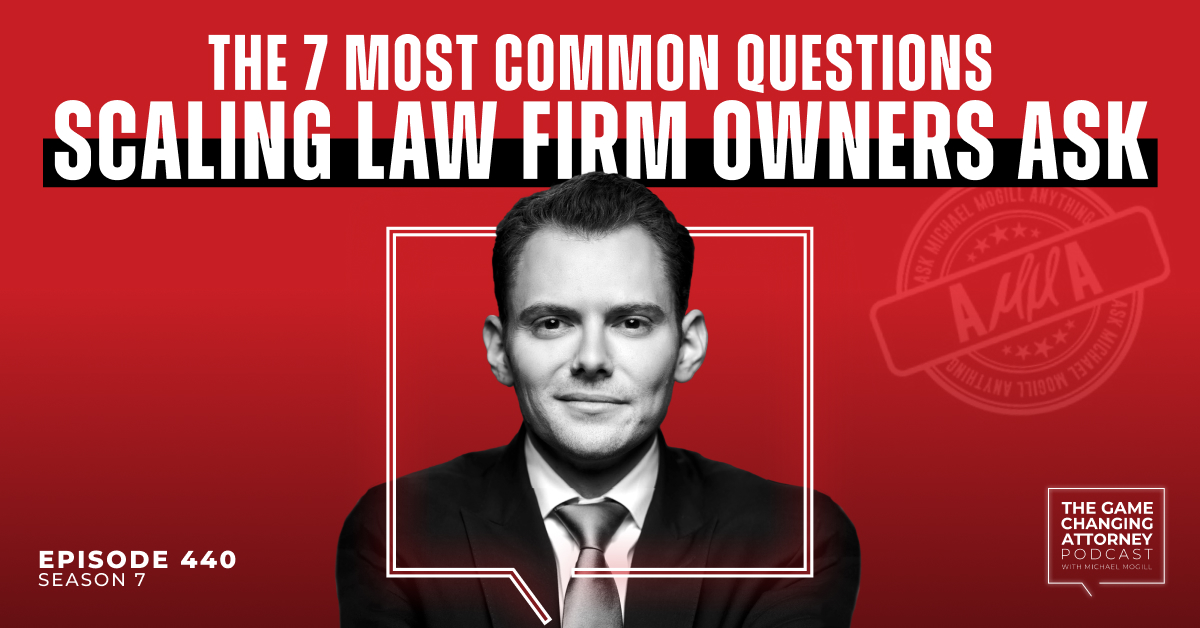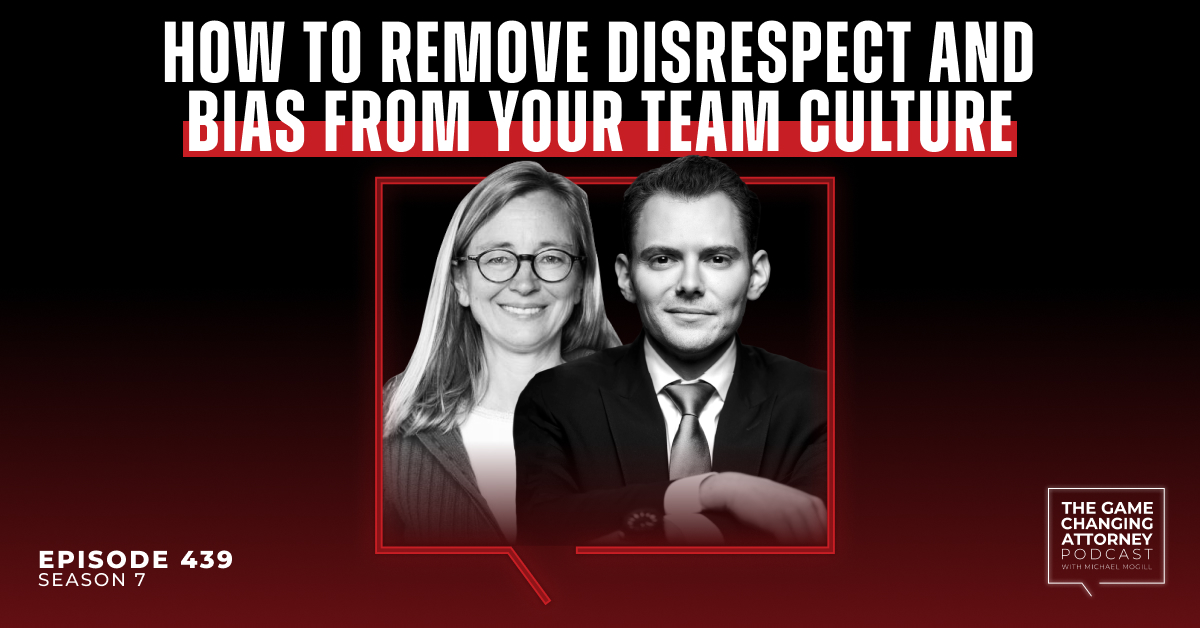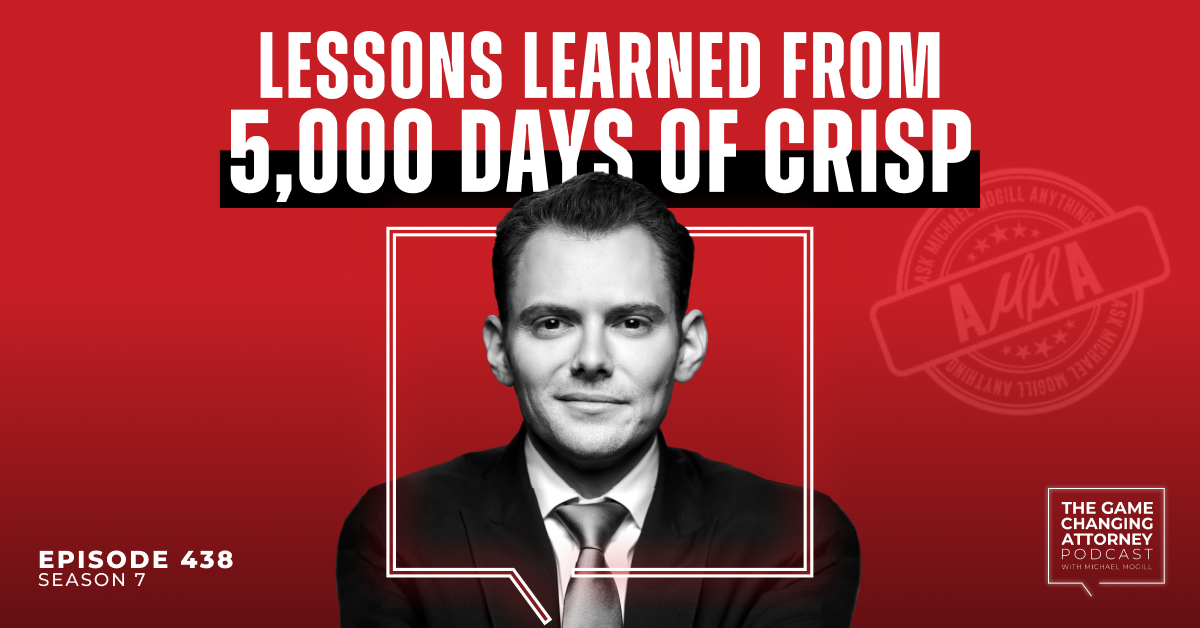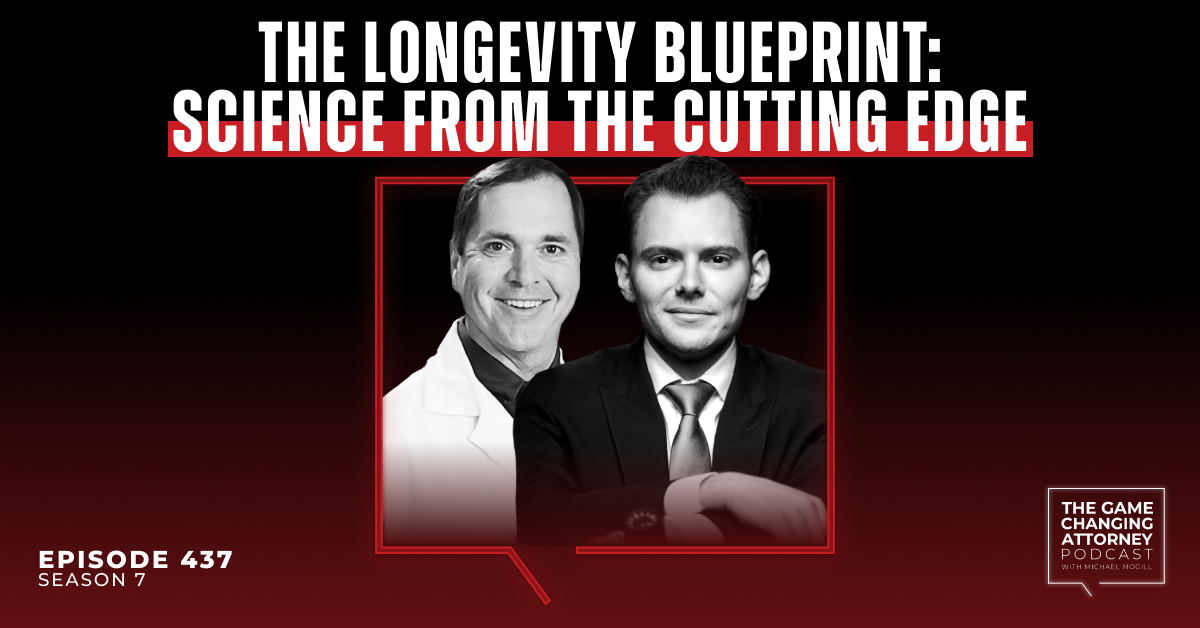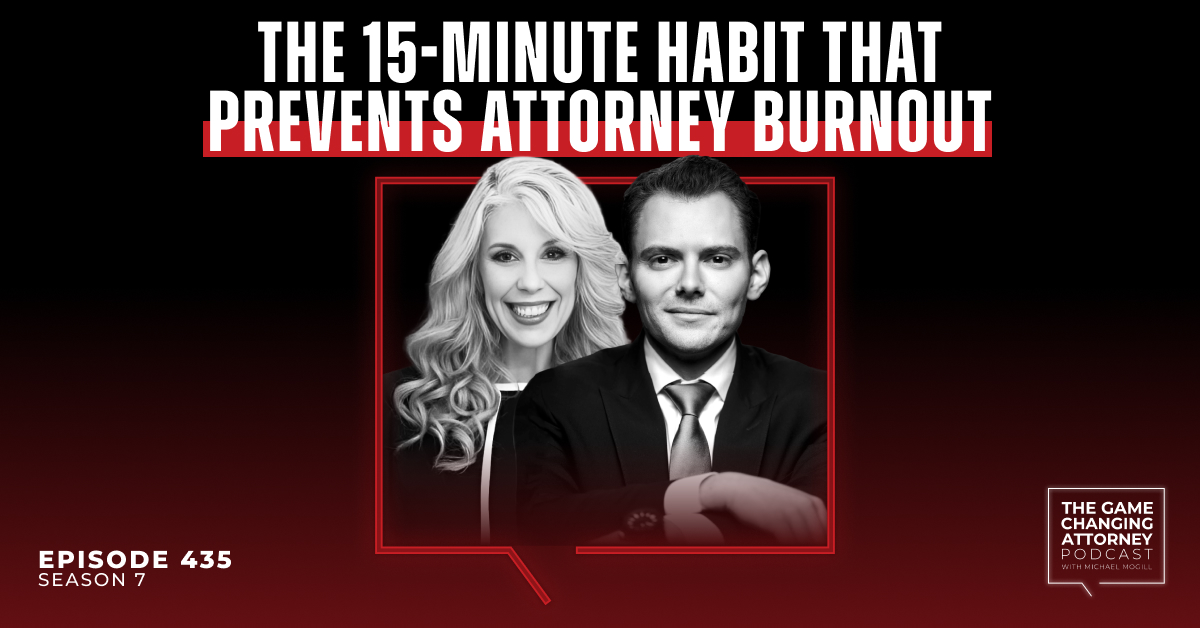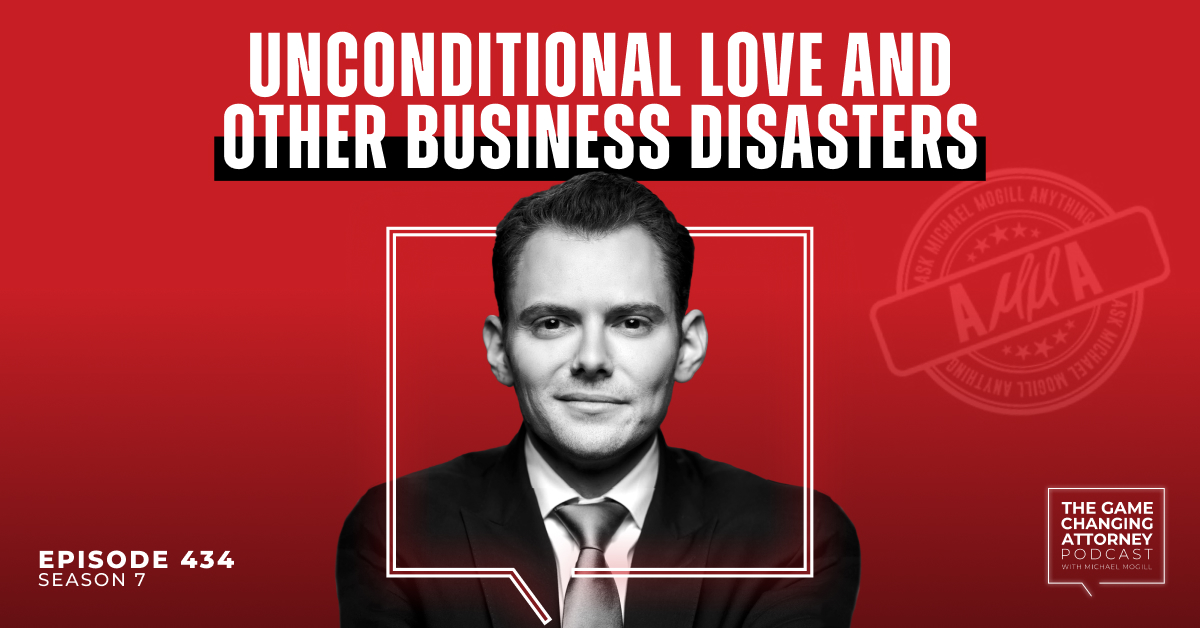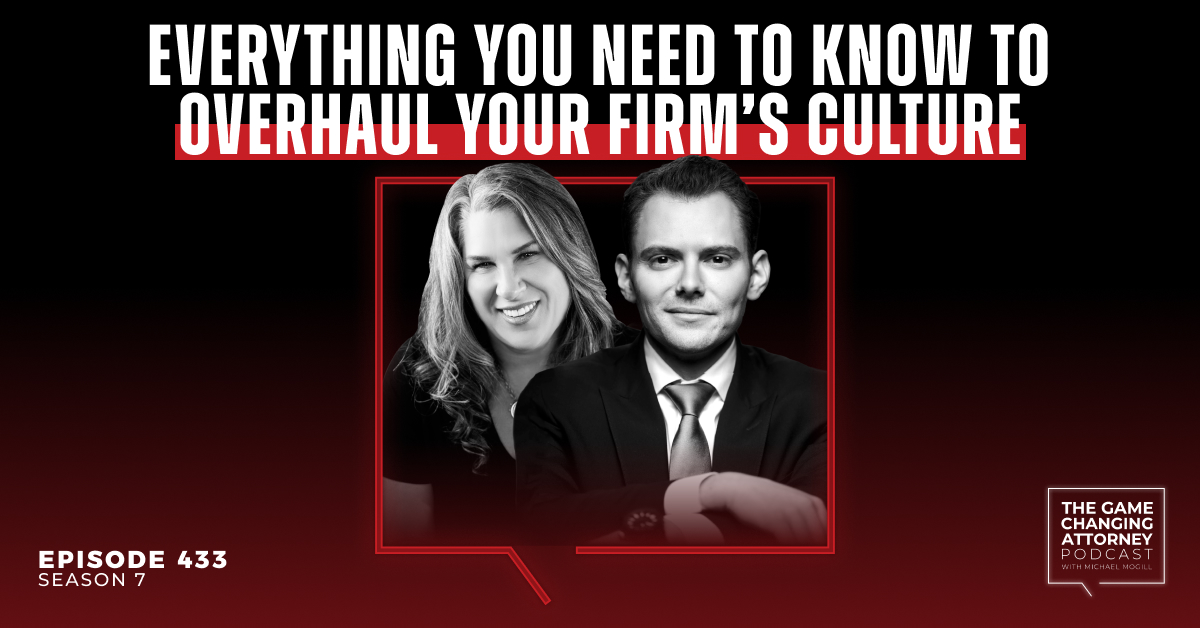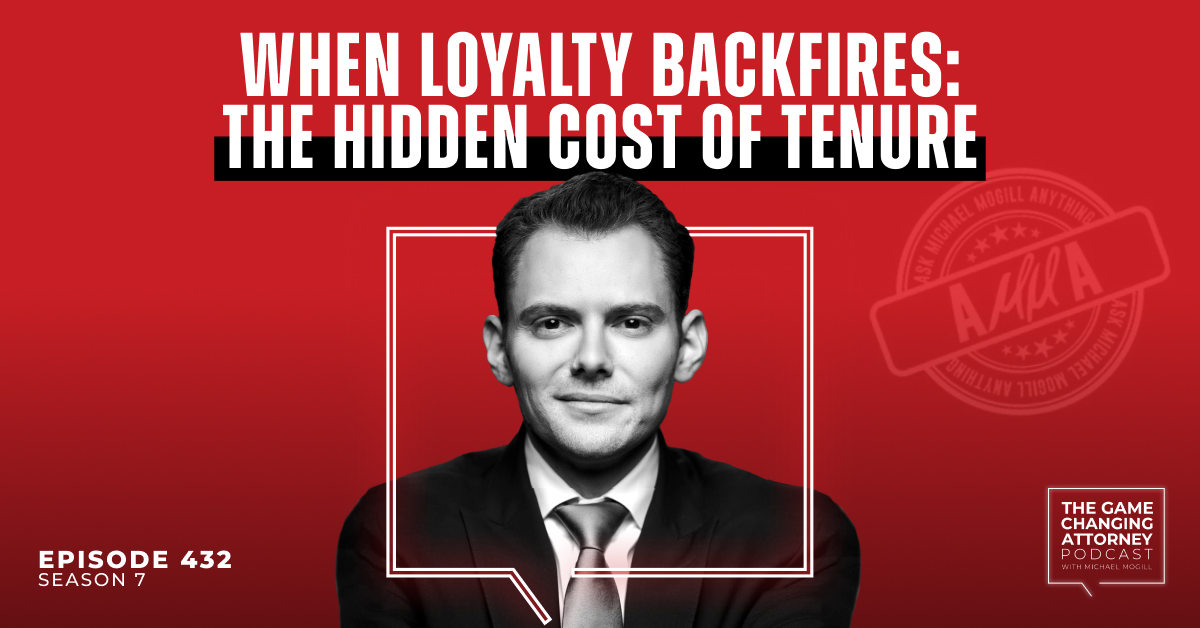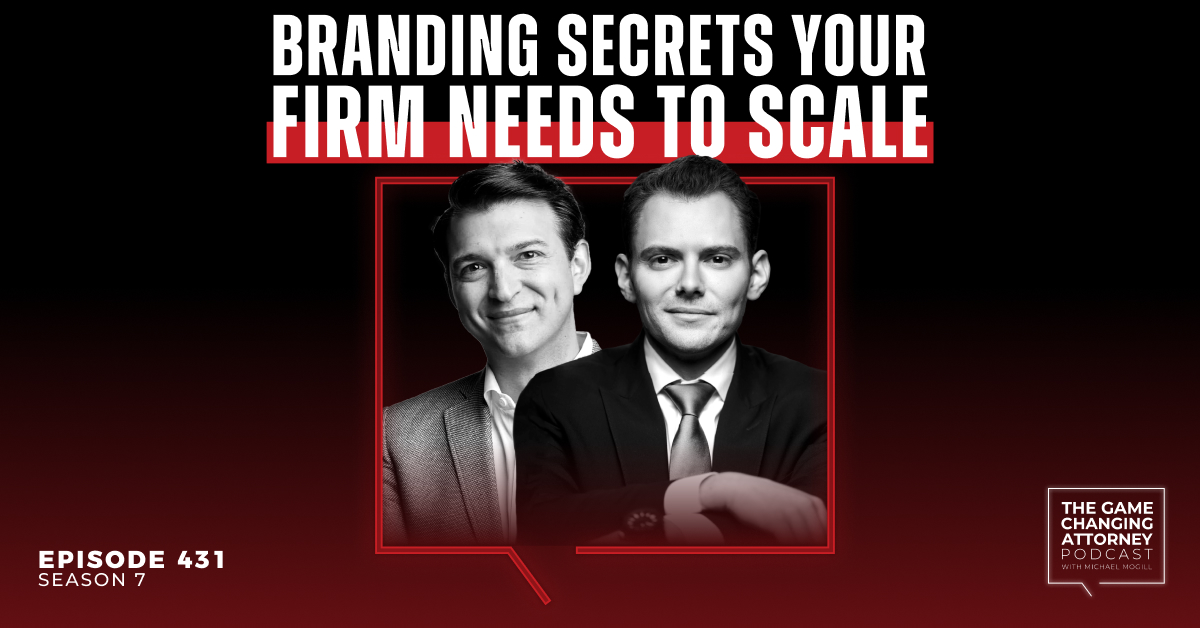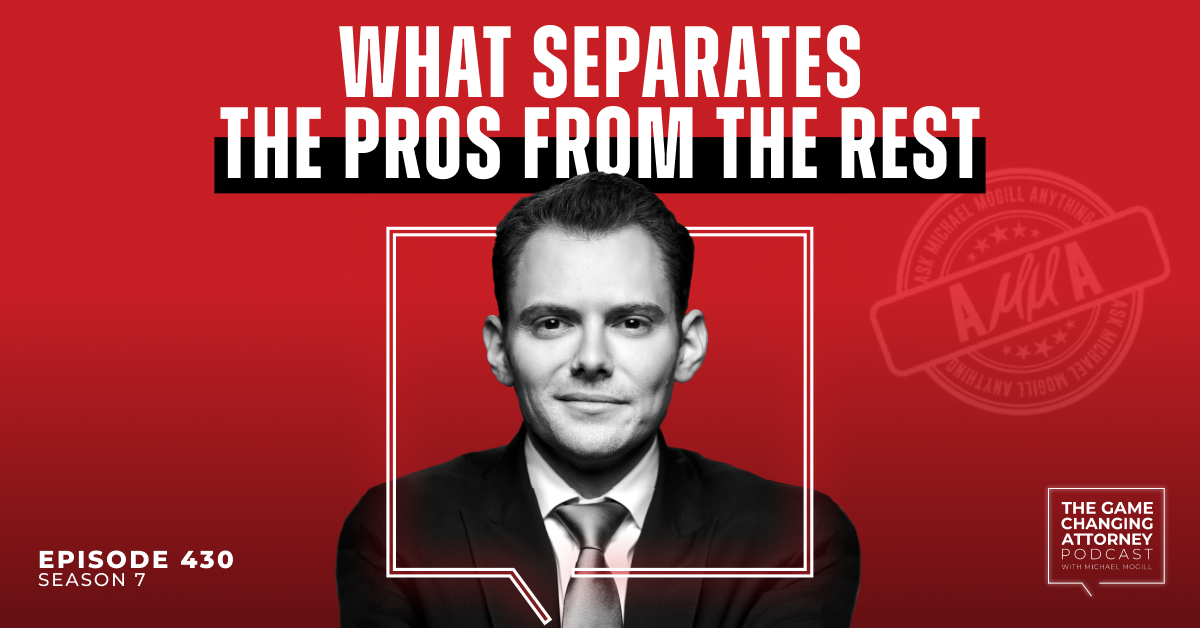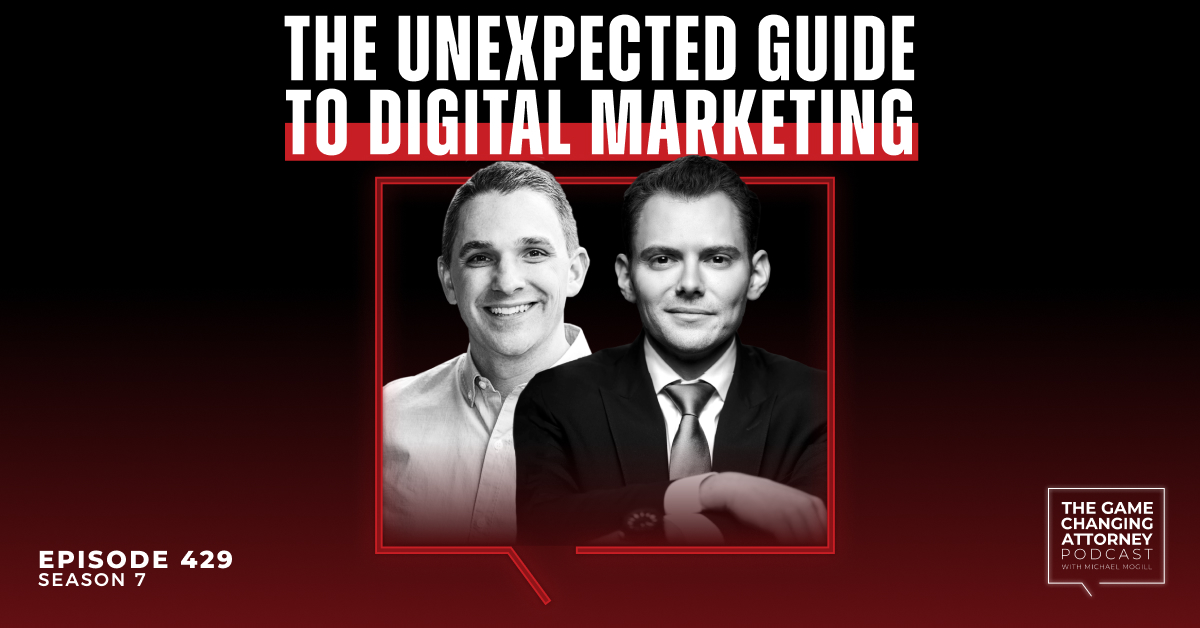
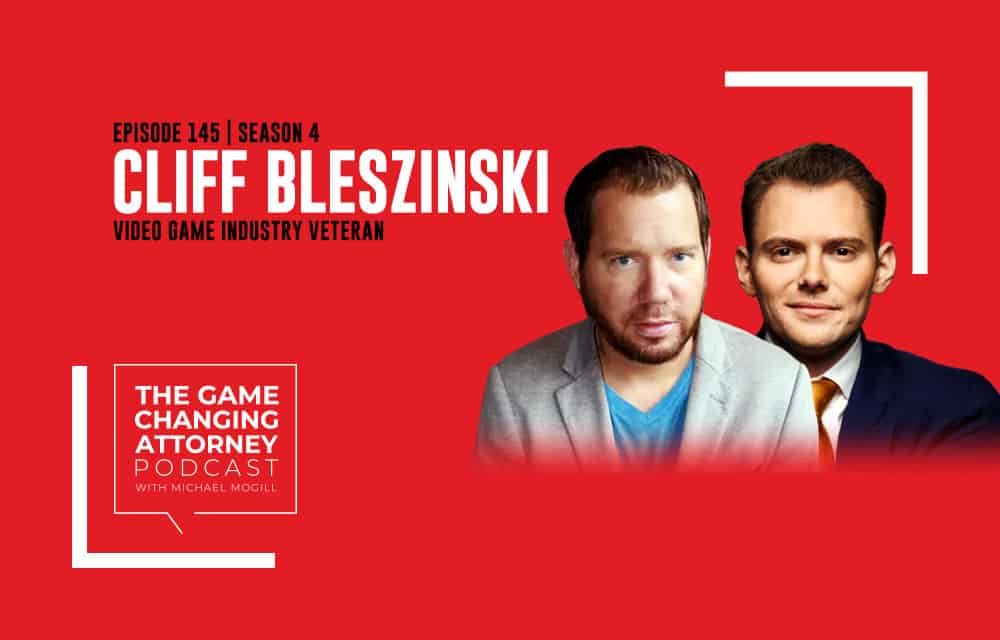
Episode 145 — Cliff Bleszinski — Control Freak: Relentless Obsession in Video Games and Success
There are times when we all feel the need to break free from the pressure of reality — but it’s crucial for ambitious leaders to channel that experience into one of transformation and success, not simply escapism.
Cliff Bleszinski, renowned video game designer and author, has felt this way for most of his life. He’s dedicated his life to building new worlds, creating moving stories, and introducing meaningful characters for people to immerse themselves in.
On this episode of The Game Changing Attorney Podcast, Cliff and Michael sit down to discuss:
- How to combat complacency when redefining what’s possible
- The risks and rewards of relentless obsession
- Cliff’s journey in creating transformational video games
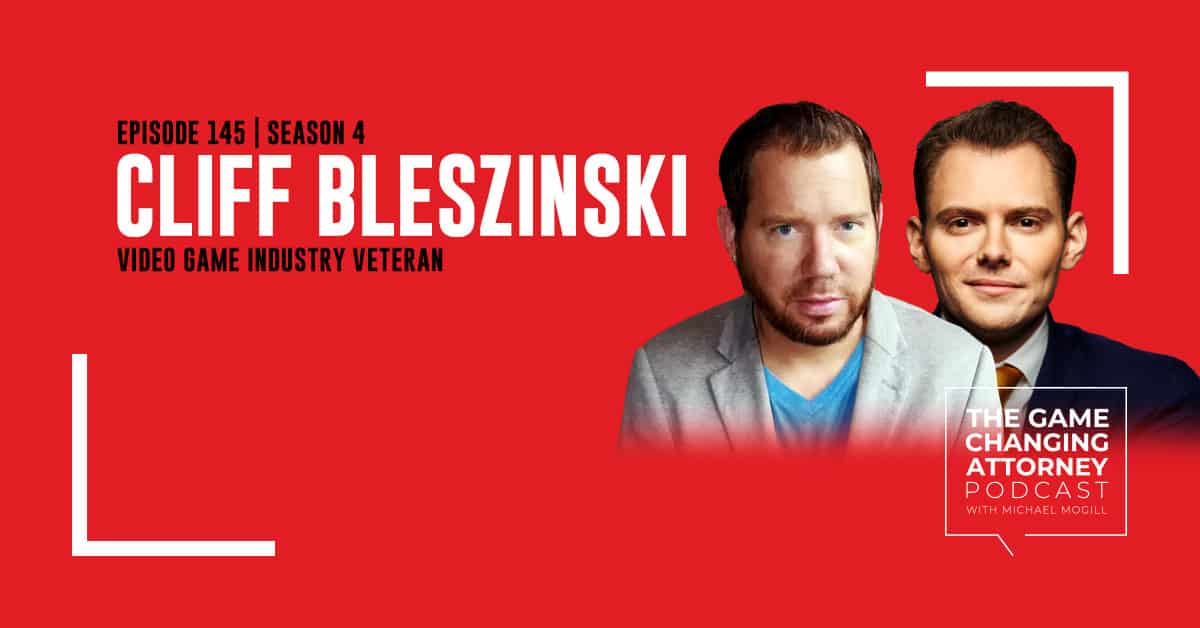
Listen & Subscribe
Show Notes:
Love at first sight. “When I saw Space Invaders for the first time, I was enthralled by everything. From their slow descension upwards to the jumping jack animation, I knew that that was my destiny. I knew I wanted to be a part of that world somehow. I had been in Drama class in school and performed in plays, and while I enjoyed it, I always came back to my first love of games. I enjoyed manipulating images on television in order to escape the sh*tty reality that we’ve all been forced to live — and here I am today, still doing it.”
Navigating our online world. “We live in an online world. We can play any game we want whenever we want — but once that game has run its course for us, then they just pull the servers and you cannot physically play the game anymore. That’s why a little bit of video game history is kind of vanishing, and that makes me sad. But the thing is that everybody plays games these days. You could be a hardcore player playing Call of Duty for tons of money if you’re Twitch streaming or if you’re a pro player, or you could just be a person who downloads and plays a mobile game on your phone. Regardless, if any device was built for work, people will find a way to f*ck off and entertain themselves.”
This is why we can’t have nice things. “Multiplayer games have been a great development, but it comes at a price. Once you add in the mask of anonymity with the internet, things can get really dark really fast. It’s getting exponentially worse with social media and politics and things like that, but suddenly people find the confidence to say things they wouldn’t normally say — for better or for worse. So as great as online gaming is, as wonderful as it is, as huge as it is, there’s also that infamous dark side of it of people calling you every name in the book from racial slur to sexist and misogynistic comments, and that’s unacceptable.”
A lack of equality. “The majority of people I’ve worked with in the gaming industry are men. When it came to interviewing people, I quickly started realizing that there weren’t many non-white dude applicants, and I’m not sure why that is. I think one of the main reasons for there not being many women in the industry is a lack of encouragement. It also seems to go back to gender roles you see when you go to Target and look at the little boys’ and girls’ shirts. Why do the boys’ say ‘Future CEO’ and the girls’ say ‘Let’s go shopping’? The gaming industry isn’t really that much different. It has a long way to go before I believe it can be considered equal.”
Understanding imposter syndrome. “One of the things I’ve learned over the years is that one of my biggest strengths is knowing my biggest weaknesses. I’m not a good programmer or artist, but I know how to surround myself with people who are. I’m at my best when I have somebody to ping things off creatively. If I can fight this imposter syndrome that I feel like I have, maybe I do have a say in what I do. But the problem with imposter syndrome is that you sometimes wind up being cocky and get an attitude, and that’s why I’ve been trying to kick it for so long.”
What does being a game changer mean to you? “For me, being a game changer means seeing the world around you and understanding that it’s ultimately just systems and figuring out how to manipulate that world. I think it’s one of the reasons people love video games because they get a set of rules to learn, follow, and master. The same can be applied to the world we live in. Whether it’s video games, the machinations of how Broadway works from the capitalization of Broadway shows, to the restaurant industry and real estate, to friends and relationships, everything is just a system. In order to change the game, you have to learn how to master those systems.”
RESOURCES & REFERENCES
Space Invaders
Epic Games
Gears of War
Fortnite
Boss Key Productions
Microsoft Word
Simon & Schuster
Legend of Zelda
Atari
Mario
Sonic the Hedgehog
Call of Duty
Twitch
Rocky Balboa
Apollo Creed
Nintendo Switch
TikTok
Super Bowl
NCAA
Xbox 360
YouTube
The Rockefellers
Facebook
Virtual Reality
Peloton
Connect with Michael
- Text directly at 404-531-7691
